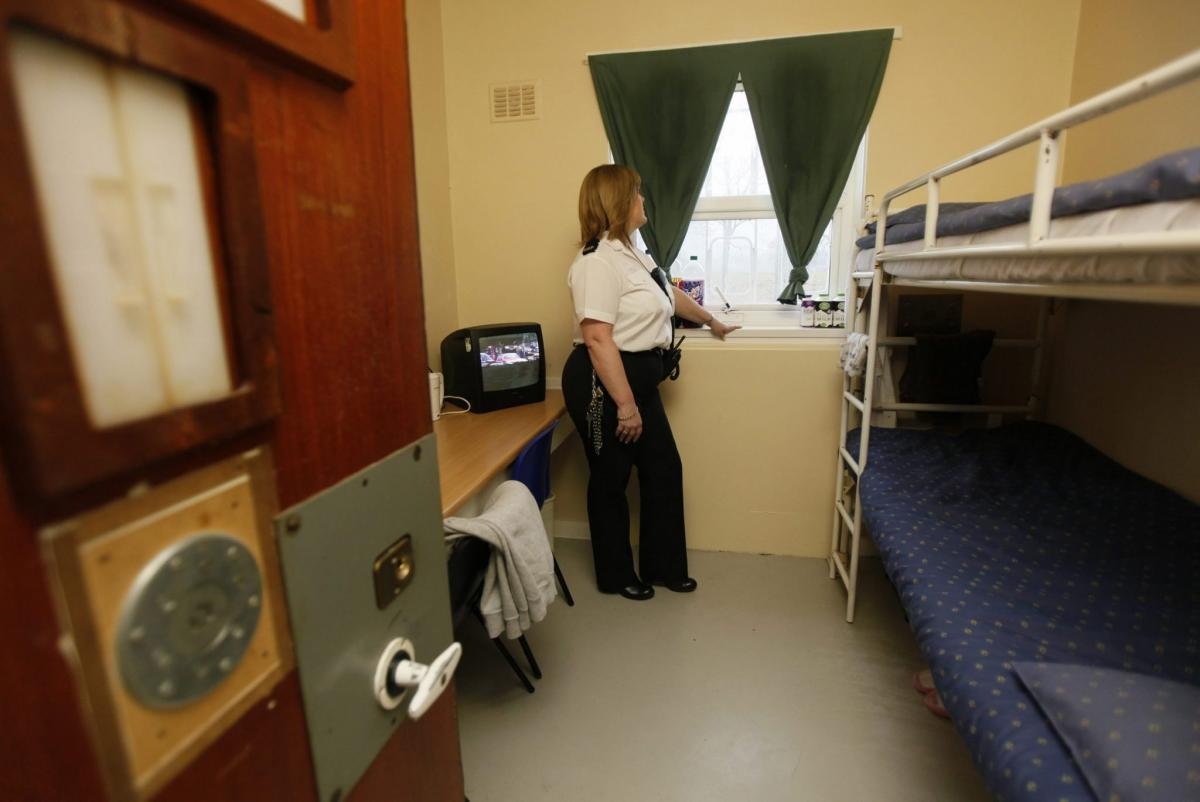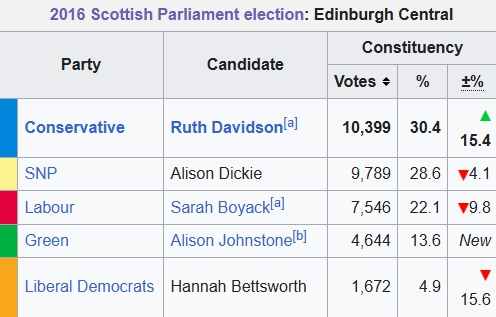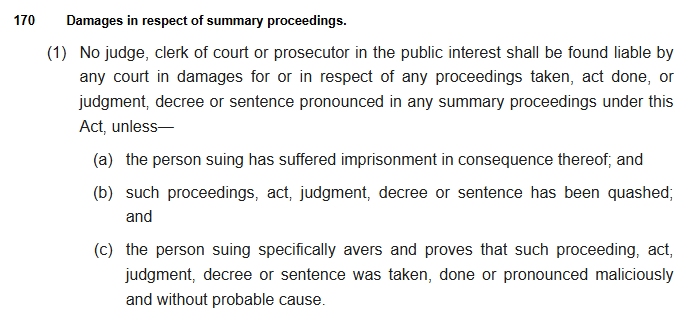MACASKILL REVEALS NEW FIGURES SHOW HALF A MILLION SCOTS HOMES ARE OFF THE GAS GRID
For immediate release: Monday 6 February 2023 MACASKILL REVEALS NEW FIGURES SHOW HALF A MILLION SCOTS HOMES ARE OFF THE GAS GRID WHILE AREAS MOST AFFECTED HAVE THE HIGHEST LEVEL OF FUEL POOR HOUSEHOLDS ALBA Depute Leader and fair energy prices campaigner Kenny MacAskill MP has obtained new figures from the UK Government which show that Scotland,Continue reading "MACASKILL REVEALS NEW FIGURES SHOW HALF A MILLION SCOTS HOMES ARE OFF THE GAS GRID"

For immediate release: Monday 6 February 2023
MACASKILL REVEALS NEW FIGURES SHOW HALF A MILLION SCOTS HOMES ARE OFF THE GAS GRID
WHILE AREAS MOST AFFECTED HAVE THE HIGHEST LEVEL OF FUEL POOR HOUSEHOLDS
ALBA Depute Leader and fair energy prices campaigner Kenny MacAskill MP has obtained new figures from the UK Government which show that Scotland, with almost 1 in 5 domestic properties, has the highest number of households off the gas grid, of any of the home nations. In addition the figures reveal that the areas which are most affected in Scotland also have the highest levels of fuel poverty. Mr MacAskill has obtained the information in response to parliamentary written questions.
The figures reveal:
- Almost 1 in 5 (19%) of domestic properties in Scotland are off the gas grid. This equates to 512,000 households across the country.
- The figure is 15% for Britain as a whole, and 15% for England and Wales.
- The highest numbers of domestic properties off the gas grid are: Shetland Islands (100%), Orkney (100%), Western Isles (88%), Highlands (61%), Argyll and Bute (56%), Aberdeenshire (42%), Dumfries and Galloway (39%), Scottish Borders (34%), Perth and Kinross (33%), Moray (30%), Angus (26%), Stirling (20%), Dundee (17%), Glasgow (17%) and South Ayrshire (14%).
The Scottish Government’s own fuel poverty statistics from the Housing Conditions Survey 2019 show the correlation between being off the gas grid and higher levels of fuel poverty. The highest numbers of households experiencing fuel poverty are:
- Western Isles (40%), Highlands (33%), Argyll and Bute (32%), Moray (32%), Orkney Islands
(31%), Shetland Islands (31%), Dundee (31%), Dumfries and Galloway (29%), Scottish Borders (29%), West Dunbartonshire (29%), Inverclyde (28%), North Ayrshire (28%), East Ayrshire (27%), Glasgow (25%), Perth and Kinross (25%) and Aberdeenshire (24%).
In a statement Kenny MacAskill MP said:
“These figures show the stark reality for half a million households off the gas grid who because they rely on more expensive unregulated fuels such as heating oil, LPG or biomass or live in hard to insulate homes are at a greater risk of being fuel poor.
“Despite much if not most of North Sea Gas production being in Scottish waters, we have the absurdity of four in ten households in Aberdeenshire being off the gas grid. Moreover, St Fergus in Aberdeenshire is one of the major landing points for the UK and yet many of the people who live closest to our massive energy resource, have to rely on more expensive unregulated fuel as their main source of domestic heating.
“No other country and no other government would tolerate this state of affairs and nor should Scotland.
“How can it be that Scotland’s massive energy resources are being transmitted south, with no tangible financial or economic benefit to Scotland while so many of our people, probably around a million, are off the gas grid and unable to adequately heat their homes?
“We should be demanding that the wealth from our massive energy resources is used to invest in the wellbeing of our people, particularly in the islands and in remote and rural Scotland.
“We need a massive programme of energy efficiency and home insulation and we need to see investment at scale to replace inefficient heating systems, starting with the homes that are most effected by extreme fuel poverty.
“I am also calling for the UK Government to provide significant additional financial support, through the Energy Bill Support Scheme, for homes that rely on unregulated fuels as their main or only source of domestic heating, instead of the inadequate pittance provided by the UK Government.
“The issue of rising energy costs, driving up the levels of fuel poverty, in energy rich Scotland is the issue of our time and it is high time that it was addressed with the urgency that it deserves.”
ENDS
Off the Gas Grid = Increased Fuel Poverty
Off the Grid
Almost 20%, or 1 in 5, domestic properties in Scotland are off the gas grid meaning that they’re dependent on electricity or unregulated fuels such as heating oil, LPG or biomass for power. It’s higher than in both England and Wales, and Britain as a whole. Being off the gas grid equates to higher fuel costs and accordingly increased rates of fuel poverty. The percentages off the gas grid are:
GB – 15%
England and Wales– 15%
Scotland – 19%
Local Authority Estimated percentage
of properties not
on the gas gridShetland Islands 100% Orkney Islands 100% Na h-Eileanan Siar 88% Highlands 61% Argyll and Bute 56% Aberdeenshire 42% Dumfries and Galloway 39% Scottish Borders 34% Perth and Kinross 33% Moray 30% Angus 26% Stirling 20% Dundee City 17% Glasgow City 17% South Ayrshire 14%
That equate to 512,000 households in Scotland. In terms of the numbers of people affected it will be even greater and most likely over a million people that are denied access to that fuel supply.
That situation perversely arises despite much, if not most, of North Seas Gas production being in Scottish territorial waters. Moreover, St Fergus in Aberdeenshire is one of the major landing points for the UK.
Increased Fuel Poverty
The correlation between being off the gas grid and increased fuel poverty is shown by the fuel poverty statistics provided by the Scottish Government Housing Conditions Survey 2019.
Even then before prices rocketed those areas off the gas grid were almost all the areas worst afflicted by fuel poverty.
Local Authority % Experiencing fuel poverty Na h-Eileanan Siar 40% Highlands 33% Argyll and Bute 32% Moray 32% Orkney Islands 31% Shetland Islands 31% Dundee City 31% Dumfries and Galloway 29% Scottish Borders 29% West Dunbartonshire 29% Inverclyde 28% North Ayrshire 28% East Ayrshire 27% Glasgow City 25% Perth and Kinross 25% Aberdeenshire 24%
The Scottish House Condition Survey in 2019 also showed that levels of fuel poverty were highest among households using electricity as their primary heating, 43%, compared to households using gas 22%. It was also higher for those using unregulated fuels as fuel poverty for those using heating oil was 28%, and other fuel types 31%
Despite Scotland’s domestic electricity supply largely being provided by renewable energy and with it sometimes reaching 100% in the north electricity prices are tied to expensive European gas. Prices for unregulated fuels such as heating oil, LNG and biomass have also increased even more than for gas and electricity.
All that means that Scottish households off the gas grid, often in the areas which are coldest pay most for their fuel and worsening fuel poverty.
What Needs Done?
Those fuels such as heating oil, LNG and biomass should be regulated and able to be price regulated and capped.
Moreover, significant additional resource must be provided for those areas off the gas grid to allow for action to be taken to address fuel poverty whether funds for replacement heating systems, insulation or even increased financial support.
Sources
Fuel Poverty Overview (eas.org.uk)
Scotland electricity bills ‘among highest in UK’ – Scottish Business News
What's Your Reaction?











































